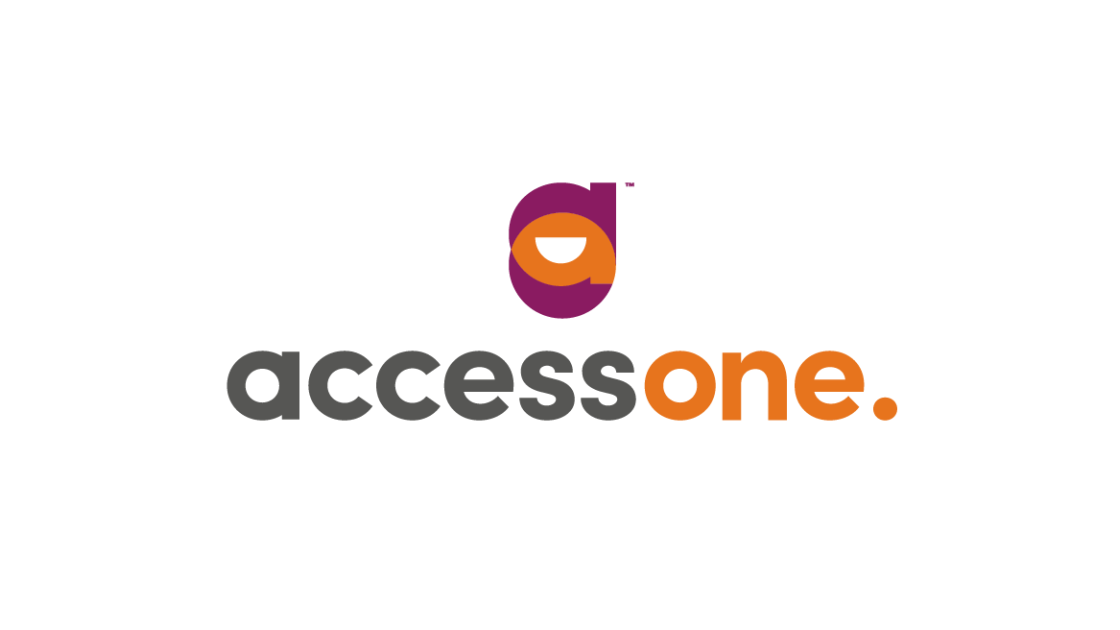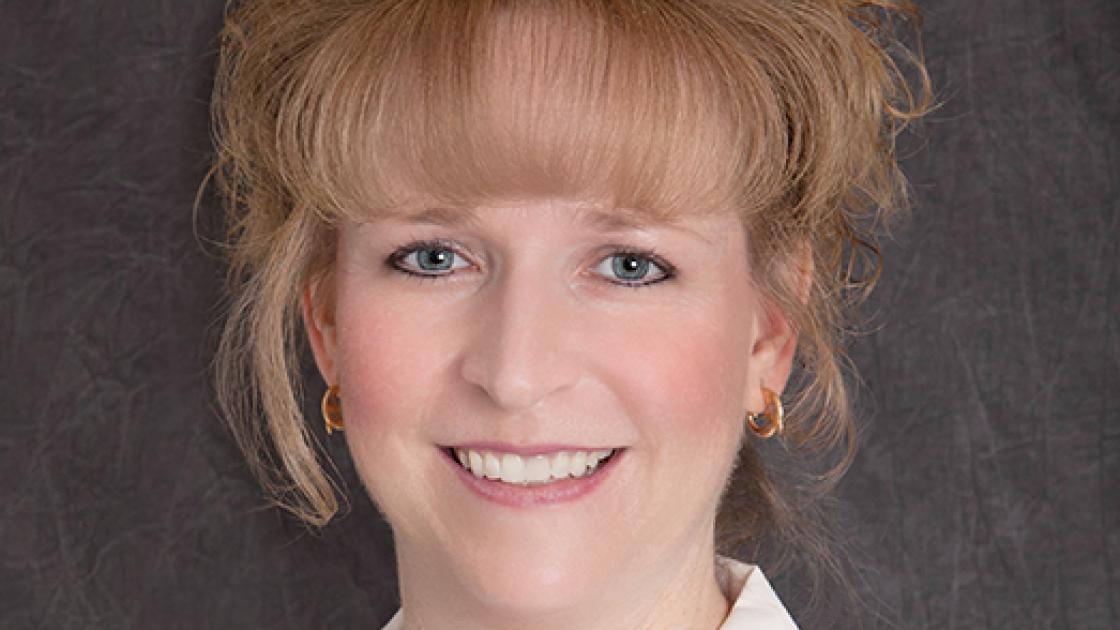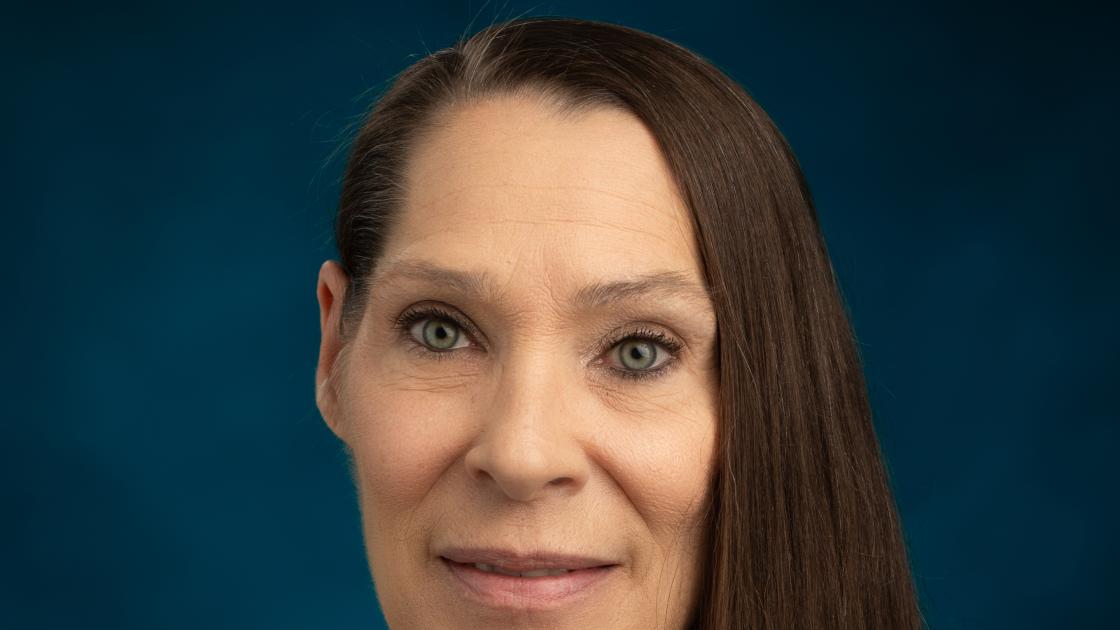
ECHO Digital Training Resonates with Community Health Care Teams
The Extension for Community Healthcare Outcomes (ECHO) model uses technology to leverage scarce resources, share best practices and teach participants how to better evaluate and monitor their patient outcomes.
Over a summer lunch hour, a group of health care providers and caseworkers from across Illinois have gathered to both talk and listen. They have come to share their insights on asthma, a leading chronic disease in children that causes a narrowing of the airways.
SIU community health worker Tyra Jones first presents a case of an 18-year-old high school student recently diagnosed with severe asthma. His condition is likely a result of mold found in the subsidized housing where he lives with his mother. The straight-A student and his coach are concerned that the respiratory illness could affect both the young man’s health and his ability to perform, which in turn could impact a college scholarship he has been offered.
“I’d like some tips to help this student succeed and be the first in his family to go to college,” Jones says. “He deserves that chance.”
Asthma is a common illness — about 1 in 13 people in the United States have it — and the physicians and staff have a wealth of patient experiences to draw upon. Fortunately, what would be an overflow crowd in a medical conference room is instead a comfortable and orderly round-robin group discussion, and it is all online. This is training session number 3 (of 6) in the medical school’s Project ECHO® series on asthma.
ECHO training for community health workers (CHWs) is one of the most in-demand modules offered at SIU School of Medicine. The Extension for Community Healthcare Outcomes (ECHO) model uses technology to leverage scarce resources, share best practices and teach participants how to better evaluate and monitor their patient outcomes. Project ECHO is a hub and spoke educational model that connects specialists in academic medical centers (“hubs”) to community health workers in rural and underserved communities (“spokes”) via digital workshops and videoconferencing. The ECHO sessions involve a case-based learning approach that contains 15-minute didactic lessons and patient case presentations by CHWs at participating spoke sites.
“ECHO is a very cost-effective way to gather and share ideas and grow community health programs,” says Karen Fraase, director of program development for SIU External Relations. “It started out strong and it just keeps growing.”
The format is designed to be a conversation, using an all-teach, all-learn model aimed at democratizing knowledge, Fraase says. Experts on the hub panel can mentor and discuss their medical experiences with participants who acquire new skills and competencies to better manage patients with complex health conditions. The ECHO model is especially useful at connecting rural providers to specialists across broad regions, delivering first-hand information via computer screen, tablets and smartphones.
SIU’s module includes sessions on opioids, asthma, oral health, hypertension, memory and aging, and community health worker training. A course on child psychiatry is in development. Courses range from 8 to 12 sessions, over different time intervals.
The richness of the hub team’s knowledge and the virtual flexibility allows multiple attendees to enroll as schedules allow. Audience sizes for typical cohorts range from 25 to 75. Popular opioid training sessions led by Kari Wolf, MD, chair of the Department of Psychiatry, have had 80-90 guests. Participants earn continuing medical education credits for each.
They add to a growing national community of health care providers dedicated to expanding health care access, reducing disparities, improving quality, safety and efficiency, and promoting consistency in care and practice.
Laura Law, PA-C, clinical instructor for Family and Community Medicine in Decatur, attended her first ECHO session as part of a Continuous Quality Improvement committee assignment in 2018, and quickly became an advocate for the training. “I thought it was fantastic,” she says. “I loved that it was so interactive.”
John Flack, MD, chair of the Department of Internal Medicine, led the hypertension panel, and encouraged Law to come back and present her own difficult-to-manage clinical cases. She did three.
“Every time you do it, you glean another important idea,” she says. “It was a great opportunity to increase our knowledge of different treatment modalities as well as connecting us with some experts.” Law has spread word of the program’s benefits to care providers in Decatur and to physician assistant colleagues in Carbondale.
Director Karen Fraase is buoyed by the project’s continued evolution and growth. “ECHO is one of the favorite programs I’ve ever worked on. We build these specialty hub teams with community providers and have all these communication channels to help everyone on the team learn. They’re sharing and discovering little nuggets of information.”
“We reach into these different places with the goal to offer evidence-based guidelines for how they can change and improve their own practices, and sometimes they help improve ours.”
► To learn more about ECHO training or register for a session, click here.



